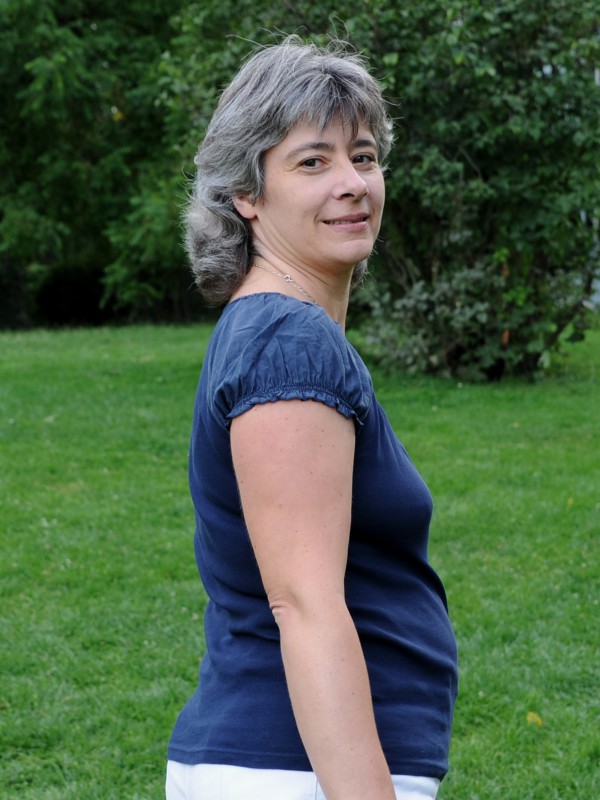Lidia Favre-Quattropani
Interview by Carey Sargent, EPFL, NCCR MARVEL, February 2019
The biggest challenge facing women in their careers is...
I would say that balancing work life and family life and finding opportunities to work part time. Particularly in the academic work I had to convince my employers, professors, that working part time is possible. Still, I have always managed to work part time, at 50 or 60%, since having children.

I chose a scientific career because...
I love scientific domains. I was always good in math and I remember that when I was ten I asked whether one could have a job doing math. My father said you can be a mathematician and so I was saying “okay, I’ll be a mathematician.” It took some time to choose which science I wanted to study. I didn’t even consider physics for a long time because I didn’t want to be in the same field as my father. But then I thought about it and it became clear that this was the field for me.
If I weren't in my current job, I would be...
When I chose physics I was really hesitating between that and archeology, it was really an equal option. This course of study was in the Faculty of Letters though and this was really not the right faculty for me. I had to do science. But I’ve always been interested in archeology and that’s also why I chose to do the postdocs that I did.
My greatest achievement to date has been...
My children.
